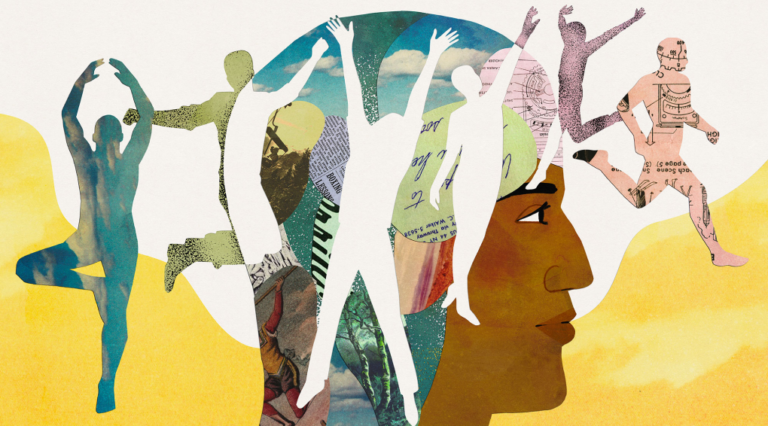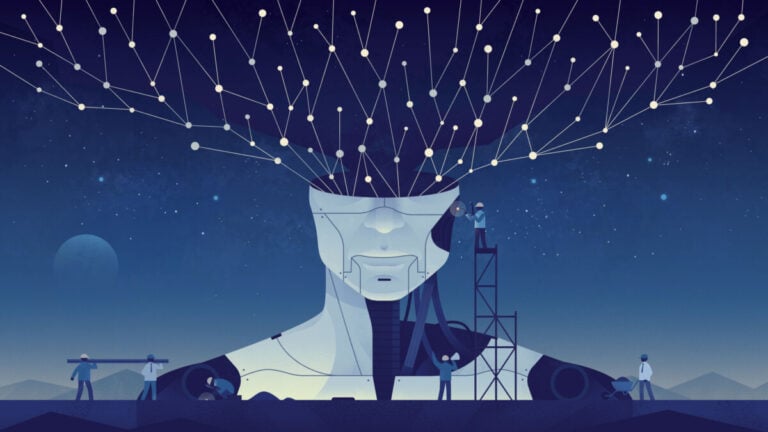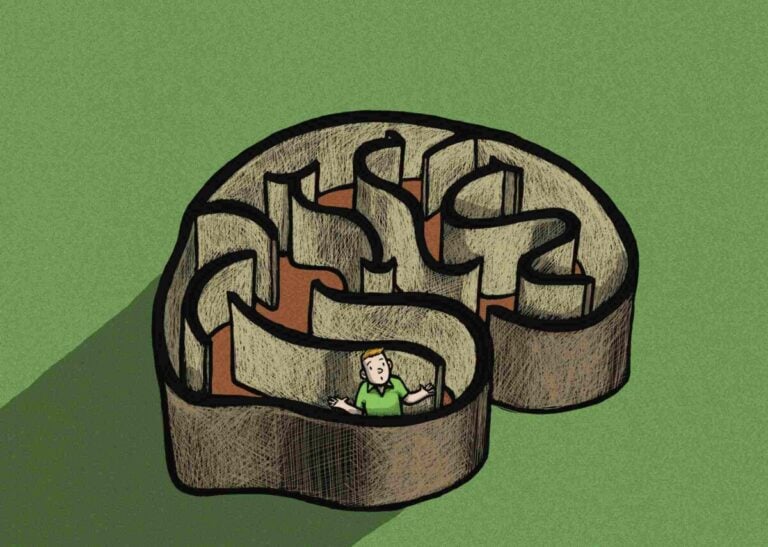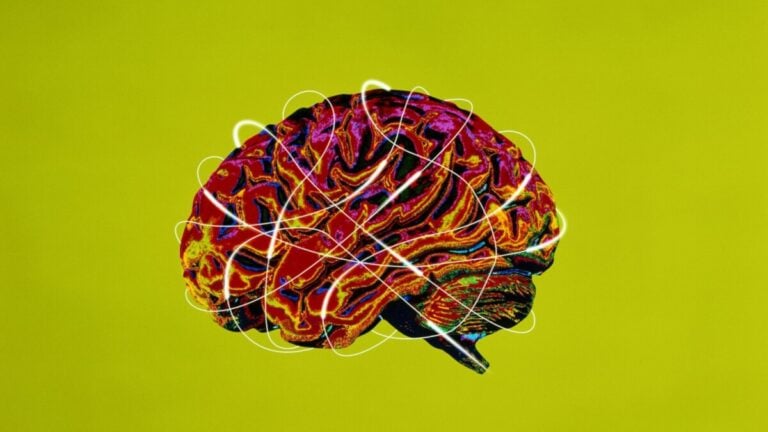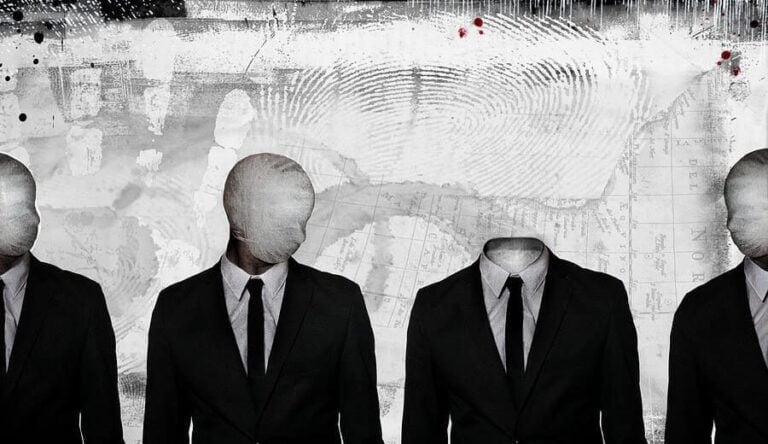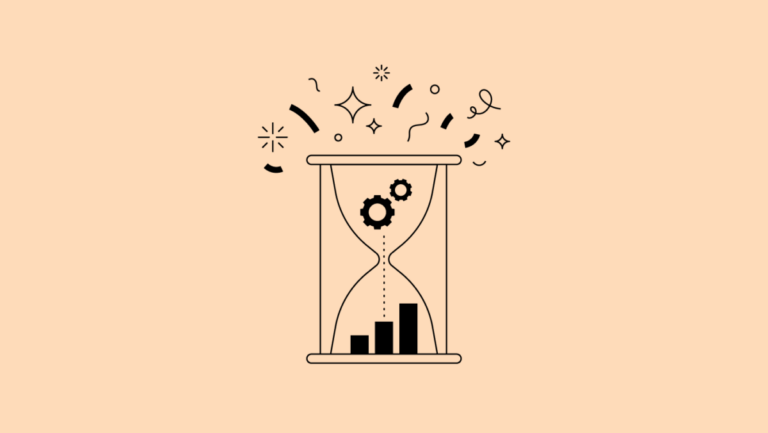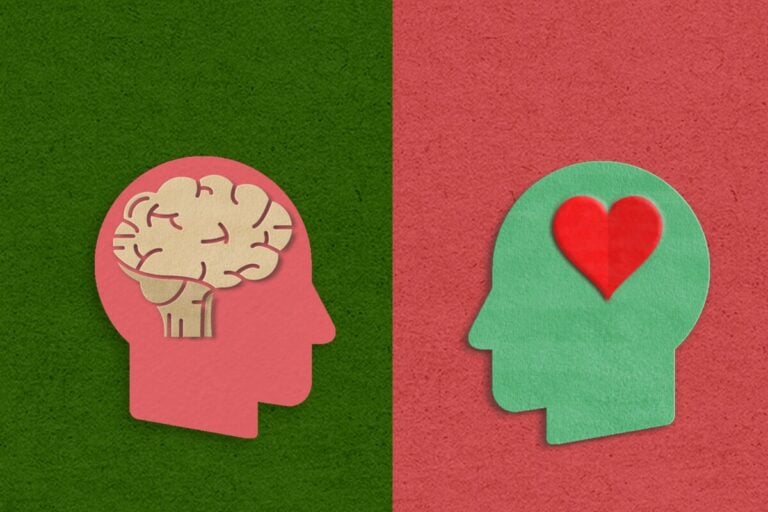One of the most famous ideas in the history of psychology is the modest triangle divided into five parts. It is known as Maslow’s pyramid of needs.
This pyramid, which had a great impact on many areas of human life, first appeared in an academic journal in the United States in 1943. It was a simple black-and-white triangle amid jargon-filled text. Since then, he has become the mainstay of psychological analysis, business presentations and many lectures. And over time it became more detailed.
The pyramid was invented by a 35-year-old Jewish psychologist of Russian origin named Abraham Maslow, who from the very beginning of his career was looking for nothing less than the meaning of life. Breaking away from his close-knit Orthodox family, the adult Maslow wanted to understand what could fill the lives of people, including his own, with meaning in modern America, where the pursuit of money and fame has overshadowed all internal and genuine aspirations.
In psychology, he saw a discipline that would satisfy longing and answer questions that people used to address religion. He suddenly realized that human beings have needs that can be divided into five basic types.
Maslow pyramid levels
On the one hand, psychological needs, which, without any mystical meaning, can be called spiritual. On the other hand, material
- According to Maslow, at the very bottom are the non-negotiable basic physiological needs: food, water, warmth, and rest.
- At the top is the need for security, protection from physical threat and attack.
- Next comes the level of spiritual needs. First comes the need for belonging and love. A person needs friends and needs to feel loved.
- Next comes the need for recognition and respect.
- And then comes what Maslow called the need for self-actualization – a broad, vague, yet very precise concept that Maslow described as “living to your potential” and “becoming with yourself.”

Maslow Ideas
Maslow, with the precision of the art form, reminded us of an ideal orderly life, while at the same time suggesting that, on the one hand, one cannot live an exclusively spiritual life, and, on the other hand, one cannot remain focused solely on the material world. To be complete, we need to be present in both the material and spiritual worlds. The base gives support, and the top directs and fills with content.
Maslow rejects the calls of the two opposing camps:
- First, overzealous spiritualists who may urge us to forget about money, housework, good insurance and daily bread.
- Secondly, convinced pragmatists who claim that life consists of just a piece of bread on the table and going to the office.
Both of these camps, according to Maslow, do not understand the complex structure of man. Unlike other beings, we are truly multifaceted, and we need to let our soul unfold in accordance with its destiny and at the same time be sure that we can pay the bills at the end of the month.
Maslow worked during the heyday of American capitalism and had mixed opinions about business. He was struck by the amount of material resources that large corporations possessed. And at the same time, he was upset that almost all of their economic activity was aimed at satisfying the needs at the bottom of the pyramid. The largest American companies helped their customers find a roof over their heads, fed them, helped them move around and made it possible to talk to each other over long distances. And it seems that the companies were not at all interested in meeting the spiritual needs of people.

Toward the end of his long life, Maslow expressed the hope that business would eventually learn to extract more benefits by satisfying not only the basic needs of people, but also higher spiritual and psychological ones. Then it will be truly enlightened capitalism.
For an individual, Maslow’s pyramid is a very useful chart if he wants to determine the direction of his life. Very often, when we think about our own life, we notice that it does not have the necessary and elegant balance of needs. Some lives have an unimaginably wide base if the forces are spent solely on the acquisition and accumulation of material values. There are also lives with the reverse problem. Some do not care about their fragile body at all.
Maslow’s pyramid is, first of all, an image of a harmonious life, which reflects the complex nature of man. You need to periodically refer to this pyramid to suggest what step you need to take next.
Relevance of Maslow’s pyramid today
Life coach Lyubov Kuznetsova comments
Maslow’s pyramid is certainly relevant. According to observations, people are now more conscious of the most basic needs. The emergence of such a direction as biohacking, the creation of courses in nutrition, biomechanics and healthy sleep suggests that the need to improve the quality of life is increasing.
Clients who come to me for coaching sessions seek to solve not only psychological problems, but also problems related to the functioning of the body, the introduction of good habits into their lifestyle, the choice of work that best suits their characteristics, including physical ones.
However, there is one big blind spot in Maslow’s pyramid for modern man, and that is the need for security. Oddly enough, it is ignored most often and replaced by other needs. And if there is a lot of information around about how to choose a profession, how to find friends, how to get married, then safety is discussed only, alas, at a coaching session, moreover, after more than one consultation.
The consequences of this tendency to ignore are devastating. Distortions in behavior and perception also occur in the layers that are higher, and these are:
- social need,
- need for respect
- need for self-affirmation,
- in the most basic layer, physiological needs.
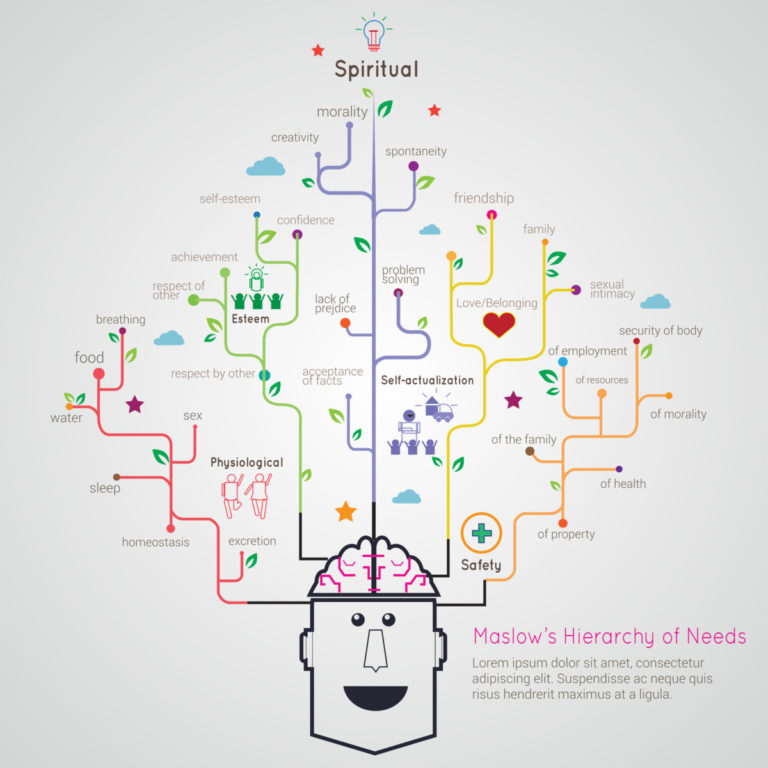
If a person does not feel protected, his reality will be refracted through the prism of fears.
As for moving down the Maslow pyramid, people who lack a basic sense of security experience physiological disturbances against a background of long-term background stress. Accordingly, there is no security – everything breaks down.
A sense of security comes from confidence in the right choice. This applies to work, and social status, and even place of residence. Therefore, in order to “close” the need for security, it is necessary to learn more awareness in actions and decisions.
A person who knows that what he is doing is the best possible option feels much more confident and acts much more adequately, creating a stable safe environment for his existence.
According to the psychologist Peter Galigabarov, Maslow’s pyramid of needs is also relevant in 2021. This can be seen in the clients who come to psychologists. These people have closed physiological and security needs. They are concerned about the social component of life, recognition and respect. Through a psychologist, clients come to self-knowledge and self-actualization, which would be impossible if a person had problems, for example, with nutrition (the lower step of Maslow’s pyramid).
What has the main impact on human needs
Comments Evgenia Gozman, Business Development Director, Business Expert Group
Maslow’s pyramid remains relevant, but the rules of “use” have changed. If in the classical version it is believed that a person / consumer can move along it only from the bottom up (from basic needs to spiritual realization), then in the modern world this movement can be in any direction and order.
For example, the culture of downshifters – social status and belonging to a group are not so important, let’s start with self-realization. Or “authorities” from the 90s, many did not have housing and families, but it was important to acquire the attributes of status, indicating a place in society was more important.
In addition to Maslow, there are other theories that more clearly substantiate what exactly affects human needs (hedonistic, for example, or Alderfer). The consumer / person is driven by the desire to fulfill needs and to match the vision of oneself.

It is important for me what others think about me – my needs are dictated by fashion, social opinion, ambitions. My principles and my individuality are important to me – my needs will be based on my beliefs: in vegetarianism, in the importance of preserving nature, in total tolerance for everyone, etc. etc.
How much a person will follow Maslow’s textbook concept, in particular, depends on the level of income and education. The lower both of them in aggregate, the more we calculate the consumer, his needs follow the evolutionary concept of development (Maslow).
Hierarchy of human needs
As psychologist Elena Danilova notes, the idea of a hierarchy of needs was put forward more than half a century ago. And the author himself admitted that it may not reflect reality 100%. There have always been exceptions to the rule: individuals for whom the satisfaction of basic needs is not in the first place, their pyramid has been inverted. The notorious “artist must always remain a little hungry” just about the fact that the satisfaction of the top lines of the table is not always preceded by the “closing” of positions from the bottom.
The needs themselves: physiological, security, belonging and love, respect, cognitive, aesthetic and self-actualization – are on the agenda for everyone even now, but the priority triangle no longer works so correctly, even for the majority.
According to the psychologist, until a person gets rid of basic needs, he is not aware of the following and, accordingly, does not move to the next step.
But is this true in modern realities?
Research proves that careers, relationships, and the value of the work they do are equally important to employees. Many are not ready to sacrifice something for the sake of another. Today, more and more people are coming to the understanding that truly satisfaction from life can only be obtained by maintaining balance. And depending on which area suffers from a lack of attention, energy is directed there. The hierarchy of significance changes “under the task”, thereby expanding the possibilities for implementation as well. The transition from step to step becomes so individual that the pyramid is no longer relevant.
Yes, the steps will also change places depending on how the above needs were met in childhood. Therefore, it is very important today to take a responsible approach to raising children; hopes for the “village” or “street” are not justified.
Accordingly, the more actively the child implements his table (yes, the need for self-actualization is already important for a child at the age of 5), the more ready he is in adulthood to conquer other levels, the more satisfied with life he will feel when he leaves his parental home.






